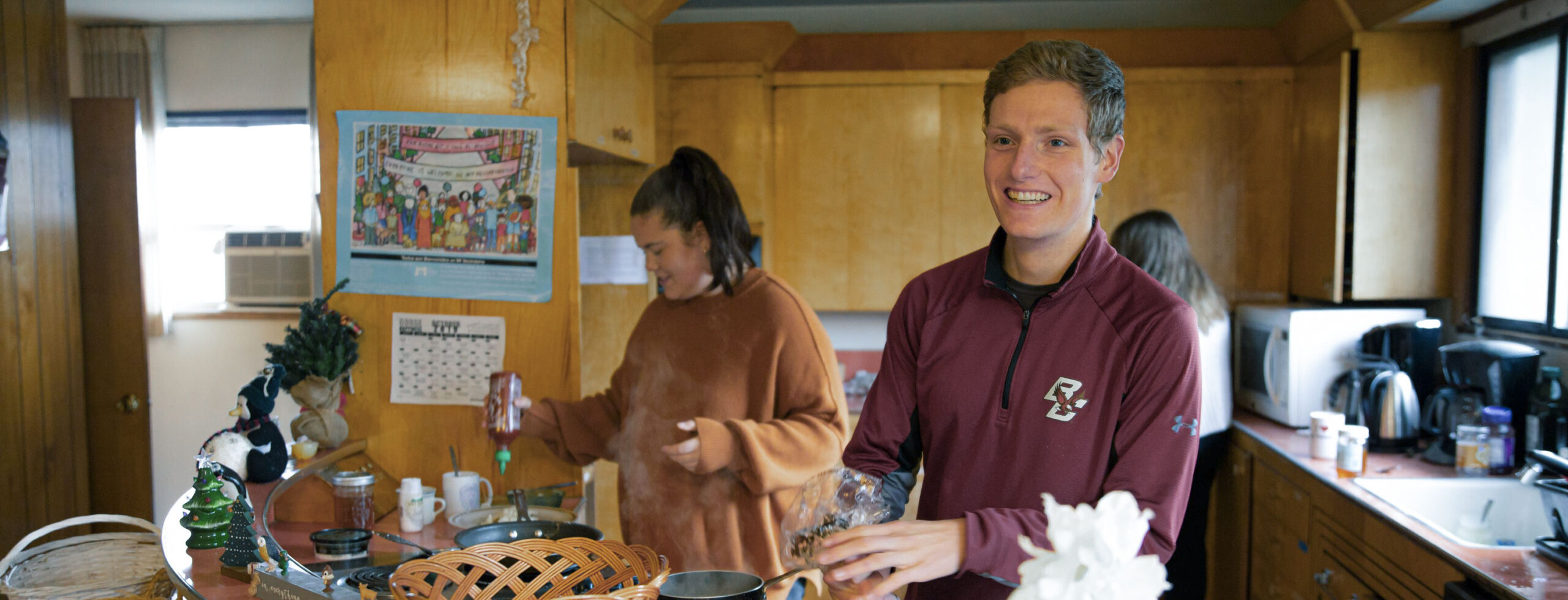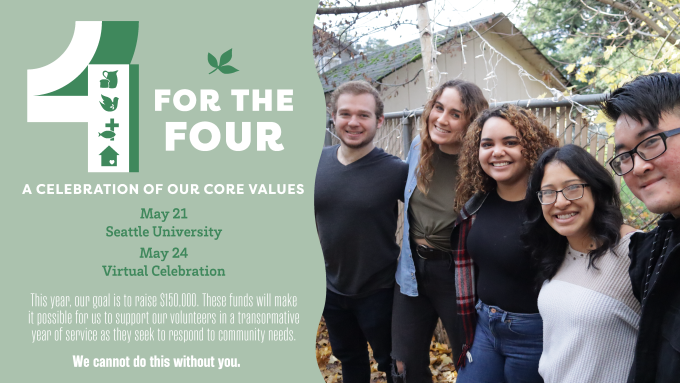Aaron Salzman (’20-21 Portland Morris) reflects on his year serving as the Climate Advocacy Associate at Ecumenical Ministries of Oregon and the inseparable relationship of ecological justice and the other Core Values.

Of the four JVC Northwest values, my service is most directly related to ecological justice. I serve as the Climate Advocacy Associate at Ecumenical Ministries of Oregon, and I aim to advance policies that, in part, serve Oregon’s natural environments. However, that is only one goal of my position; the reality is that ecological justice is inseparable from social justice, spirituality, and community. When climate catastrophe strikes, it harms historically marginalized groups, spiritually significant sites, and the fabric of entire communities. To mitigate and adapt to the climate crisis, we cannot neglect these other values, or else we will risk exacerbating existing disparities in vulnerability to environmental disaster.
One of the most inspiring examples of this in my service has been the Oregon Clean Energy Opportunity campaign, of which EMO is a member. This campaign sponsored three bills (all of which passed in the 2021 session!): one authorizing utilities to charge differential rates for energy based on income; the second creating a grant program to fund air quality-improving home repairs and retrofits for marginalized communities; and the third implementing a 100% clean energy standard for Oregon’s two biggest utilities. Although monthly energy bills might seem unrelated to reducing greenhouse gas emissions, the campaign crafted its bill package to respond to an intersectional understanding of the climate crisis. As the planet warms, environmental justice communities will be hit first and worst, and they will need extra resources to adapt to the new threats to human health. Simultaneously, the world will need to transition to non-emitting forms of power to mitigate these environmental threats. However, in our rush to decarbonize, we cannot place the burden of the transition onto already overburdened, marginalized groups. The clean energy transition will introduce new economic pressures on the system, making rate protections for low-income, rural and BIPOC communities even more urgent. Additionally, in light of our nation’s history of treating tribal lands as “sacrifice zones,” the clean energy bill specifically requires consultation with Indigenous tribes for any new energy projects that would impact their spiritually and culturally significant places.
My service this year has taught me that we can solve multiple problems at the same time. Indeed, we cannot afford not to treat our ecological crisis as a racial crisis, an economic crisis, a spiritual crisis and a societal cohesion crisis. If we don’t understand this crisis as intersectional, then we will only create new problems in trying to solve it. JVC Northwest’s values are therefore a refreshing and badly needed resource for those working to address the climate crisis.
To read more about Eco-Justice at JVC Northwest, visit our Eco-Justice page.


